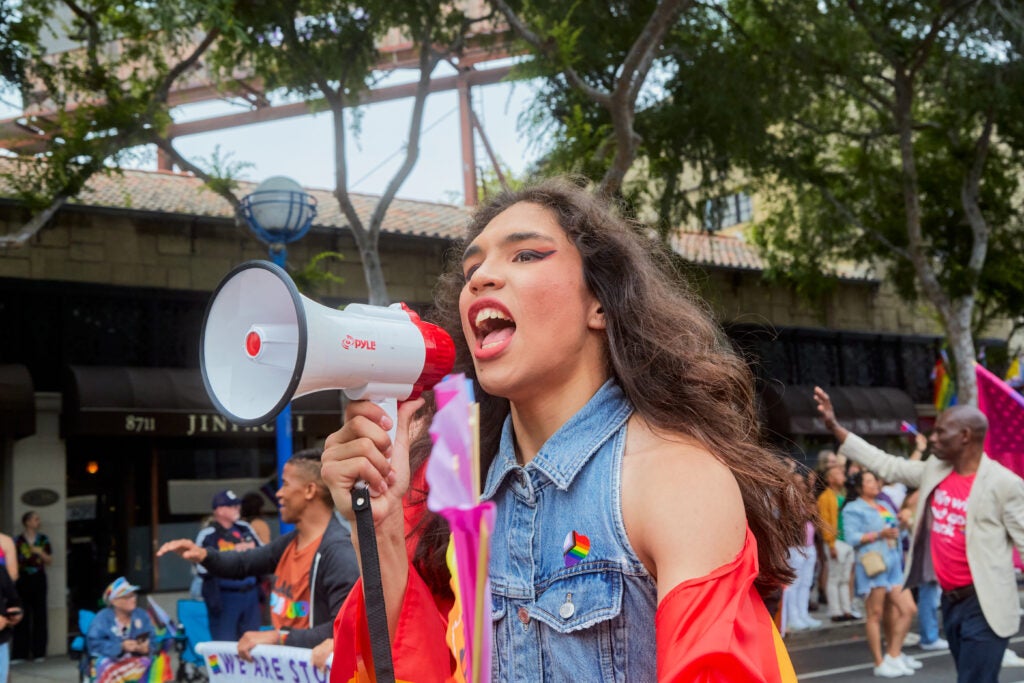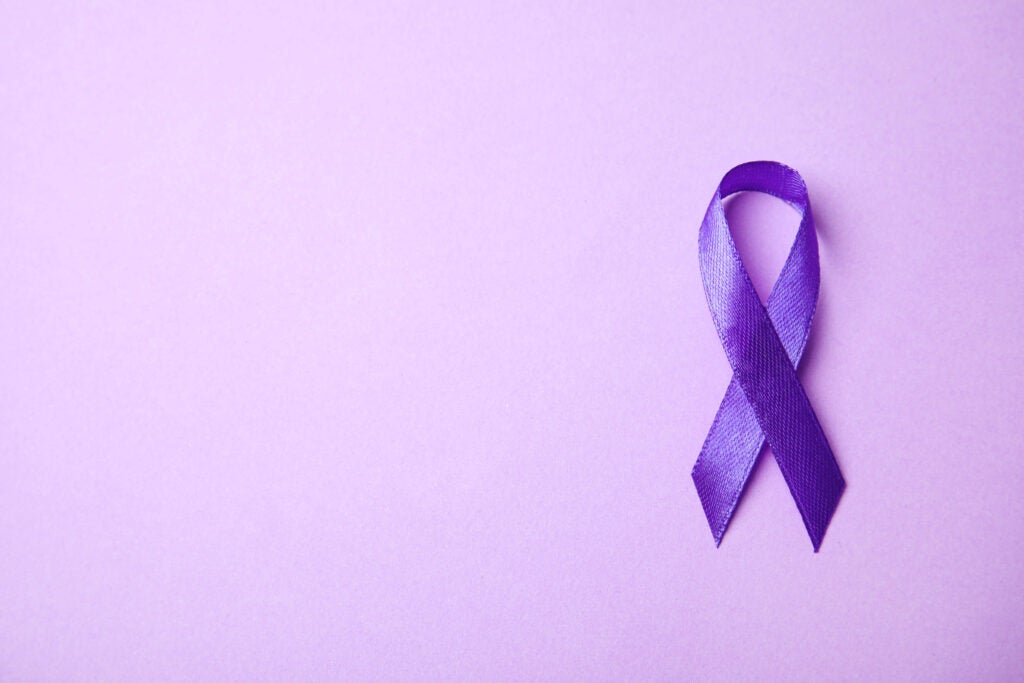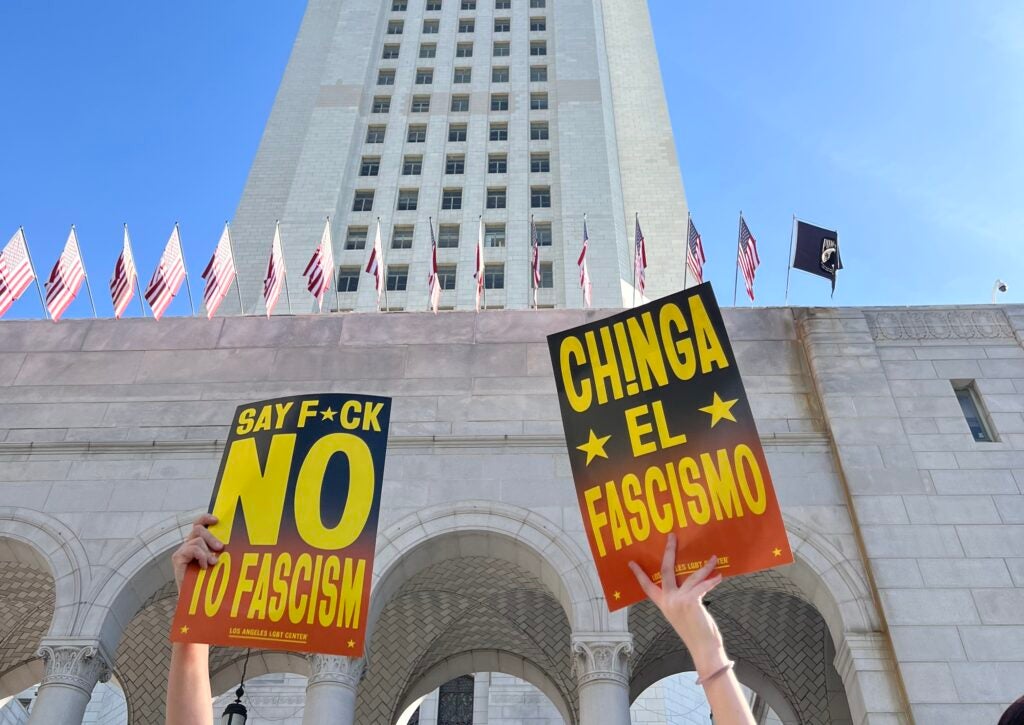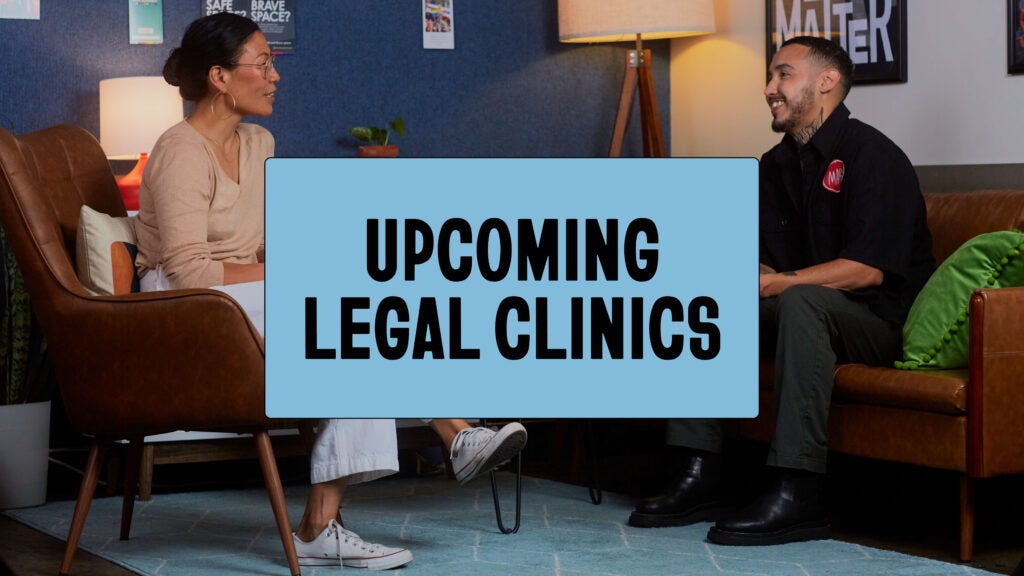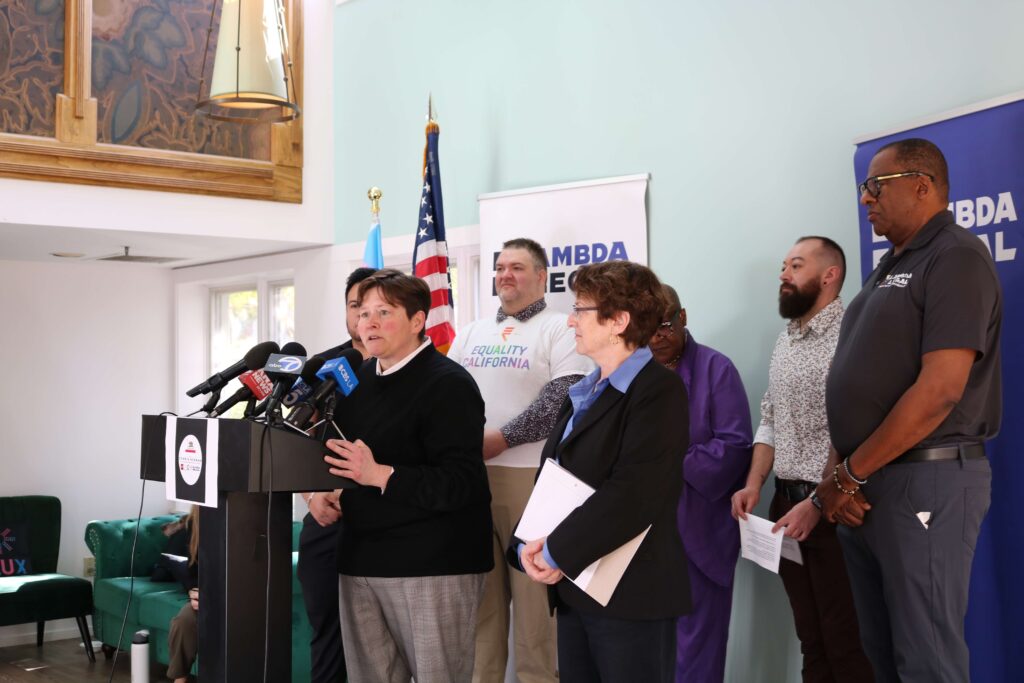October marks Domestic Violence Awareness Month, a critical time to spotlight an urgent and often overlooked crisis within the LGBTQ+ community: intimate partner violence (IPV). At the Los Angeles LGBT Center, we are deeply committed to addressing and ending intimate partner violence through two vital programs: Survivor Services and the National LGBTQ Institute on Intimate Partner Violence.
The Rising Threat of Anti-LGBTQ+ Attacks
Since January 20, the domestic violence and sexual assault field has had to navigate a rapidly shifting and increasingly hostile political landscape, due to changes in federal policy.
Many organizations have been forced to choose between erasing resources for LGBTQ+ survivors or risking the loss of critical federal funding. Organizations have received guidance to scrub their websites of information on how to support LGBTQ+ survivors, remove statements of support, delete research relating to LGBTQ+ survivors, and pull educational tools and other critical resources. We are also hearing reports of organizations who are afraid to provide support services—including shelter to transgender survivors.
As a result, LGBTQ+ survivors across the country face isolation and fear. Many are afraid to leave abusive partners or access medical care and support. Domestic violence thrives in silence and isolation, and these harmful policies exacerbate stigma and barriers—putting LGBTQ+ survivors at greater risk. It is imperative that we stand united in defending policies that uphold dignity, safety, and justice for all.
Survivor Services at the Los Angeles LGBT Center
Since 1996, the Center’s Survivor Services program has been a lifeline for hundreds of LGBTQ+ survivors each year. As one of the nation’s largest and most comprehensive LGBTQ-specific domestic violence service providers, the team offers a broad range of trauma-informed support, including:
- Counseling and therapeutic services
- Crisis intervention and safety planning
- Legal information and advocacy
- Emergency and transitional housing assistance
- Community education and prevention initiatives
These services recognize the intersectional challenges faced by LGBTQ+ survivors, ensuring that healing and safety are accessible regardless to every person, regardless of race, gender identity, or background.
You can learn more about how to access these services here.
The National LGBTQ Institute on Intimate Partner Violence: Expanding Impact Nationwide
In 2022, the Center launched the National LGBTQ Institute on Intimate Partner Violence in partnership with In Our Own Voices and the National Coalition of Anti-Violence Programs. Building on decades of experience, the Institute’s mission is to advance safety, equity, and well-being for LGBTQ+ IPV survivors nationwide.
The Institute provides cutting-edge training and technical assistance to public and private agencies, enhancing their capacity to deliver culturally relevant, survivor-centered IPV services. It also conducts groundbreaking research and policy advocacy to improve visibility and strengthen systemic responses for LGBTQ+ survivors.
You can learn more about the Institute here.
How You Can Help
This Domestic Violence Awareness Month, we encourage you to educate yourself and others about the unique challenges LGBTQ+ survivors face.
LGBTQ+ survivors are more likely to seek help from their friends and community members—rather than mainstream social service agencies or law enforcement. That’s why we created a Resources for LGBTQ+ Survivors hub where you can learn more about topics, including:
- How to make a safety plan
- How to support your friends when they disclose abuse
- What resources are available for healing and support
- How to understand and exercise your legal rights and options as an LGBTQ+ survivor
- The implications of coming out or being forcibly outed, and how to safety plan around your coming out process
Together, we can create a world where every survivor, regardless of sexual orientation or gender, has access to the safety, resources, and respect they deserve.
Read More
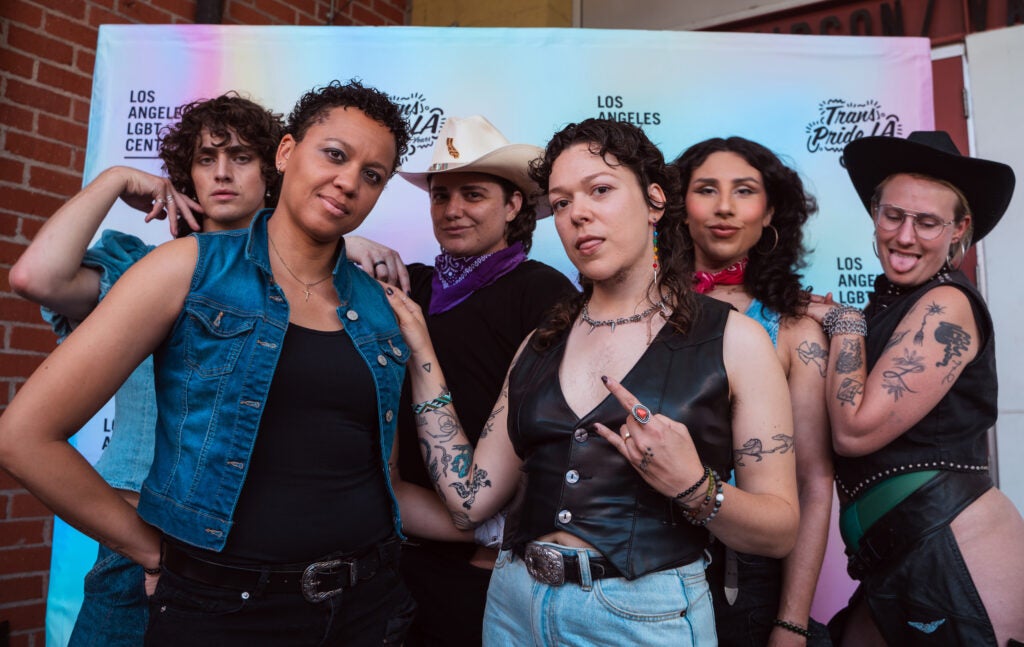
‘Trans Pride Forever’: Celebrating 25 Years of Trans Pride LA
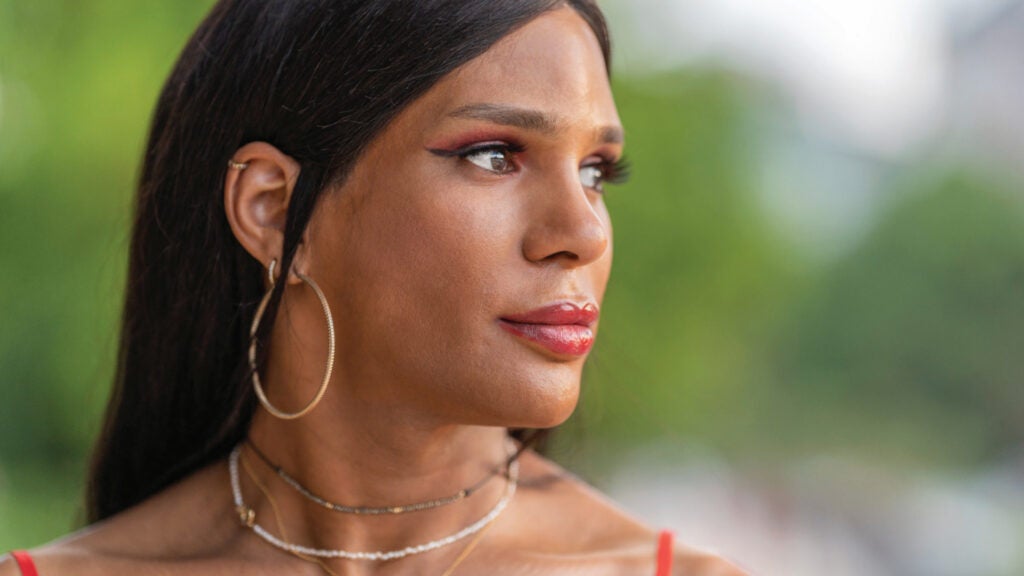
The Right Is Trying to Ban Trans People from Domestic Violence Shelters in the US
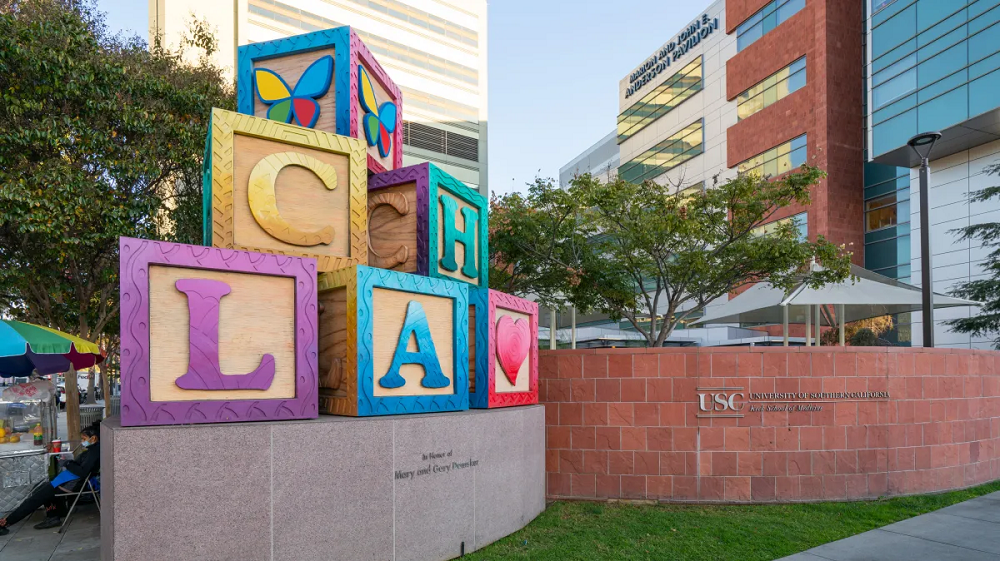
“Trans Youth Deserve Care”: Hundreds Rally Against CHLA Decision to Halt Gender-Affirming Care
